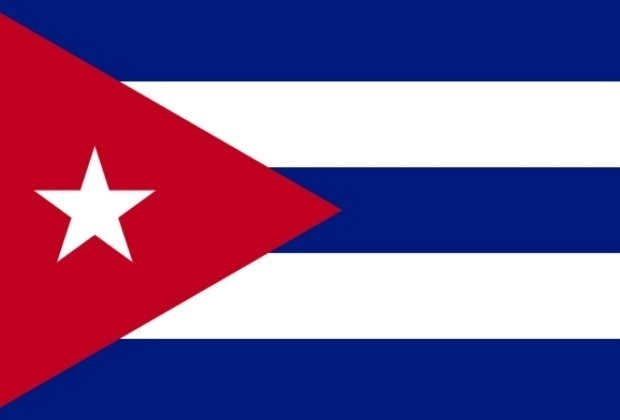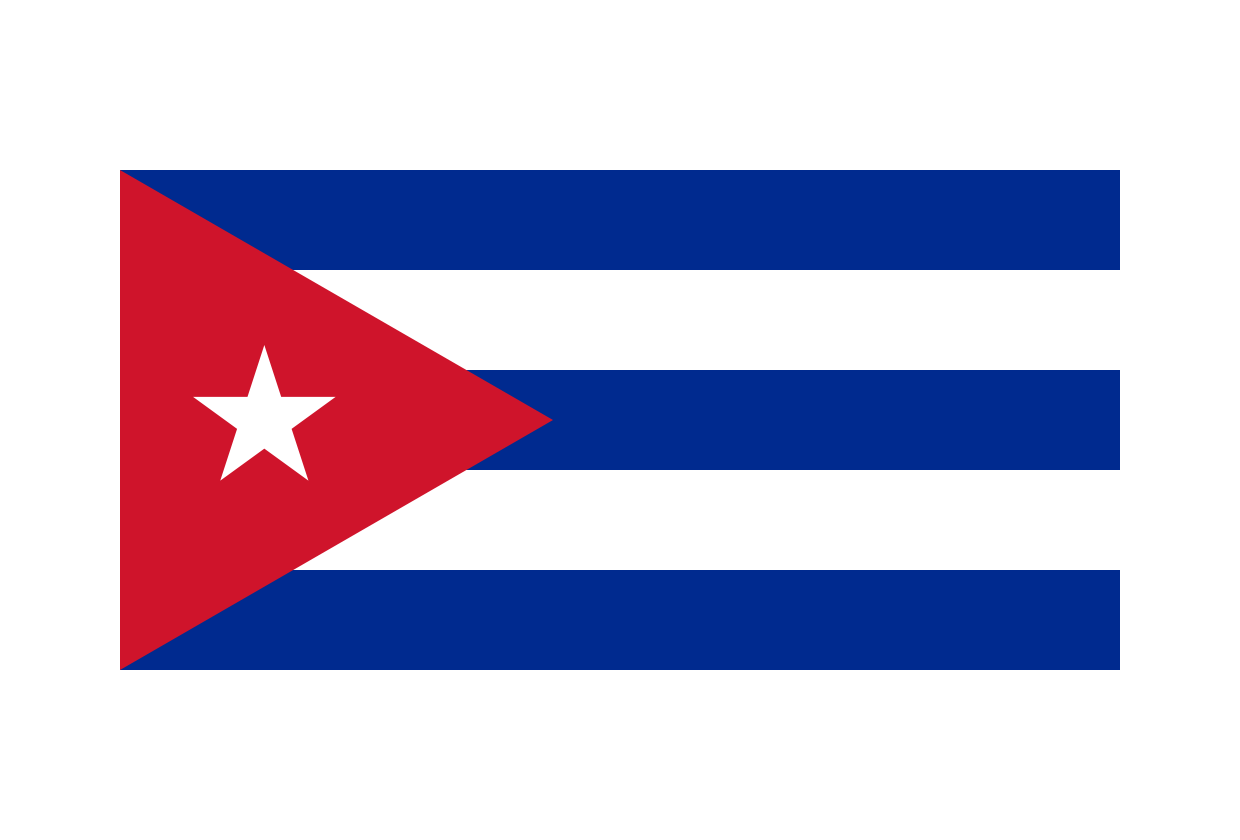A bill proposing to lift the more than 50-year-old trade embargo against Cuba has been introduced into the United States Senate, the latest in a string of developments that has put the relationship between the island country and U.S. in the spotlight.
S.491, known as the Freedom to Export to Cuba Act is sponsored by Sen. Amy Klobuchar, D-Minnesota, with five co-sponsors joining on: Sen. Michael Enzi, R-Wyoming; Sen. Debbie Stabenow, D-Michigan; Sen. Jeff Flake, R-Arizona; Sen. Patrick Leahy, D-Vermont and Sen. Dick Durbin, D-Illinois. The bill was introduced yesterday, read twice and referred to the Senate Committee on Banking, Housing and Urban Affairs.
The bill comes on the heels of S.299, which was introduced on Jan. 29 by Sen. Flake and has already gathered 14 co-sponsors, including all five senators listed above. There is a corresponding version in the House of Representatives as well.
While the full text of the bill has not been posted yet, it would effectively remove all legal barriers that currently prevent Americans from doing business with Cuba. It does not repeal portions of law that address human rights or property claims against the Cuban government, which were part of the Helms-Burton Act passed in 1996, and which state that a complete lifting of the embargo is dependent on Cuba holding free and fair elections, if political prisoners are released and the country guarantees the rights of workers and free speech.
In a statement issued yesterday, Sen. Klobuchar said that “it’s time to the turn the page on our Cuba policy; fifty years of the embargo have not secured our interests in Cuba and have disadvantaged American businesses by restricting commerce with a market of 11 million people just 90 miles from our shores. There are many issues in our relationship with Cuba that must be addressed, but this legislation to lift the embargo will begin to open up new opportunities for American companies, boost job creation and exports, and help improve the quality of life for the Cuban people.”
The bill has already garnered the support of the U.S. Agriculture Coalition for Cuba, with Devry Boughner Vorwerk, Vice President of Corporate Affairs at Cargill and Chair of USACC saying that passage of the bill “will enable our agriculture sector to work in partnership with Cuba and the Cuban people, develop a meaningful trading relationship and create jobs across many sectors of our own economy.”
Agriculture has been one of the central motivators of relations with Cuba this year, as H.R. 635 seeks to promote American agricultural and medical exports to Cuba.



